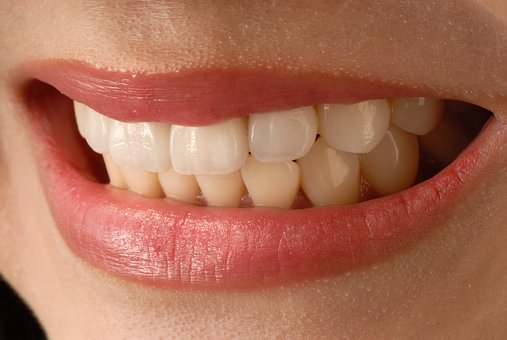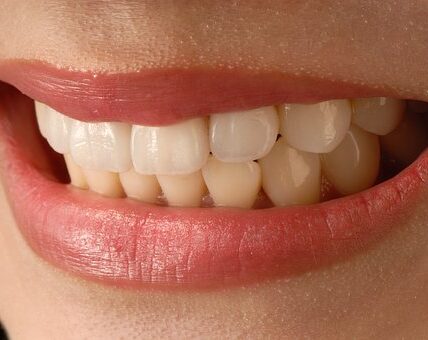How to Care for Your Dental Implants: Tips for Long-Lasting Results
Dental implants are a durable, natural-looking solution for missing teeth, and with proper care, they can last for decades. However, just like natural teeth, they require consistent attention and maintenance to stay in optimal condition. If you’ve invested in dental implants, here are essential tips to help ensure their long-lasting success.
1. Practice Excellent Oral Hygiene
Dental implants may not be prone to decay like natural teeth, but the surrounding gums and tissues still need regular care. Brush your teeth twice a day using a soft-bristled toothbrush and fluoride toothpaste. Flossing is equally important—use unwaxed or implant-specific floss to remove plaque and food particles from hard-to-reach areas.
2. Use the Right Tools
Special tools such as interdental brushes and water flossers can enhance your oral hygiene routine. These tools help clean around the implant and beneath the gumline without causing damage. Avoid hard-bristled brushes or abrasive toothpaste, as they can irritate your gums and wear down surrounding enamel.
3. Schedule Regular Dental Visits
Routine check-ups are key to detecting any early signs of gum inflammation, bone loss, or implant complications. Your dentist will evaluate the health of your implants and surrounding tissues during each visit and professionally clean your teeth to keep plaque buildup at bay.
4. Avoid Harmful Habits
Certain habits can reduce the lifespan of your dental implants. Avoid smoking, as it impairs healing and increases the risk of implant failure. Refrain from chewing hard items like ice, pens, or hard candy that can crack the crown or damage the implant structure.
5. Protect Your Teeth During Sleep
If you grind your teeth at night (a condition known as bruxism), ask your dentist about a night guard. Grinding can place excessive force on your implants and cause long-term damage. A custom night guard can provide the protection your implants need.
6. Eat a Balanced Diet
A healthy diet supports your gums and overall oral health. Incorporate foods rich in calcium, vitamin D, and other nutrients to keep your bones and gums strong. Limit sugary snacks and acidic beverages, which can contribute to gum inflammation.
Conclusion
Dental implants are a life-changing investment, offering renewed confidence and function. By committing to a consistent care routine, making healthy lifestyle choices, and visiting your dentist regularly, you can ensure your implants remain secure, functional, and beautiful for many years to come.





